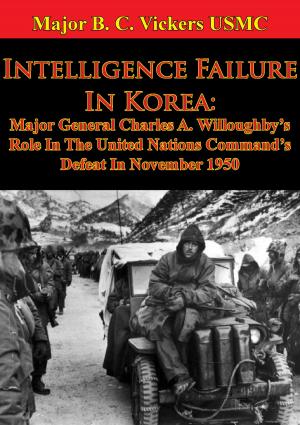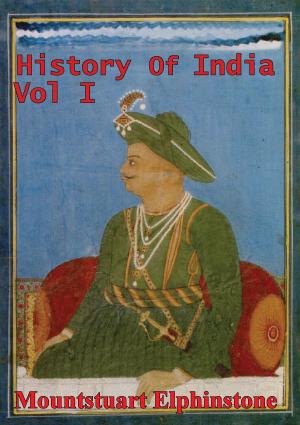U.S. Marines In Vietnam: The Defining Year, 1968
Nonfiction, History, Military, Vietnam War, Asian, United States| Author: | Jack Shulimson | ISBN: | 9781786256331 |
| Publisher: | Normanby Press | Publication: | November 6, 2015 |
| Imprint: | Normanby Press | Language: | English |
| Author: | Jack Shulimson |
| ISBN: | 9781786256331 |
| Publisher: | Normanby Press |
| Publication: | November 6, 2015 |
| Imprint: | Normanby Press |
| Language: | English |
The year 1968 was the year of the Tet Offensive including Khe Sanh and Hue City. These were momentous events in the course of the war and they occurred in the first three months of the year. This book, however, documents that 1968 was more than just the Tet Offensive. The bloodiest month of the war for the U.S. forces was not January nor February 1968, but May 1968 when the Communists launched what was called their “Mini-Tet” offensive. This was followed by a second “Mini-Tet” offensive during the late summer which also was repulsed at heavy cost to both sides. By the end of the year, the U.S. forces in South Vietnam’s I Corps, under the III Marine Amphibious Force (III MAF), had regained the offensive. By December, enemy-initiated attacks had fallen to their lowest level in two years. Still, there was no talk of victory. The Communist forces remained a formidable foe and a limit had been drawn on the level of American participation in the war.
Although largely written from the perspective of III MAF and the ground war in I Corps, the volume also treats the activities of Marines with the Seventh Fleet Special Landing Force, activities of Marine advisors to South Vietnamese forces, and other Marine involvement in the war. Separate chapters cover Marine aviation and the single manager controversy, artillery, logistics, manpower, and pacification.—E. H. SIMMONS, Brigadier General, U.S. Marine Corps (Retired)
The year 1968 was the year of the Tet Offensive including Khe Sanh and Hue City. These were momentous events in the course of the war and they occurred in the first three months of the year. This book, however, documents that 1968 was more than just the Tet Offensive. The bloodiest month of the war for the U.S. forces was not January nor February 1968, but May 1968 when the Communists launched what was called their “Mini-Tet” offensive. This was followed by a second “Mini-Tet” offensive during the late summer which also was repulsed at heavy cost to both sides. By the end of the year, the U.S. forces in South Vietnam’s I Corps, under the III Marine Amphibious Force (III MAF), had regained the offensive. By December, enemy-initiated attacks had fallen to their lowest level in two years. Still, there was no talk of victory. The Communist forces remained a formidable foe and a limit had been drawn on the level of American participation in the war.
Although largely written from the perspective of III MAF and the ground war in I Corps, the volume also treats the activities of Marines with the Seventh Fleet Special Landing Force, activities of Marine advisors to South Vietnamese forces, and other Marine involvement in the war. Separate chapters cover Marine aviation and the single manager controversy, artillery, logistics, manpower, and pacification.—E. H. SIMMONS, Brigadier General, U.S. Marine Corps (Retired)








![Cover of the book Seventy-One Years Of A Guardsman’s Life [Illustrated Edition] by Jack Shulimson](https://www.kuoky.com/images/2014/august/300x300/9781782899204-3Spp_300x.jpg)
![Cover of the book The Eichmann Kommandos [Illustrated Edition] by Jack Shulimson](https://www.kuoky.com/images/2015/november/300x300/9781786253064-uxaT_300x.jpg)



![Cover of the book Five Chimneys: A Woman Survivor’s True Story Of Auschwitz [Illustrated Edition] by Jack Shulimson](https://www.kuoky.com/images/2015/november/300x300/9781786251794-vVTC_300x.jpg)

![Cover of the book Deeds That Won The Empire: Historic Battle Scenes [Illustrated Edition] by Jack Shulimson](https://www.kuoky.com/images/2015/november/300x300/9781786255297-oUAA_300x.jpg)